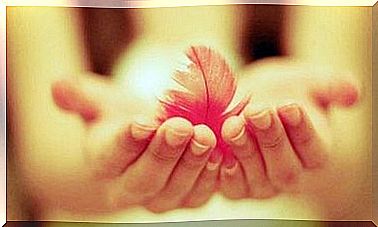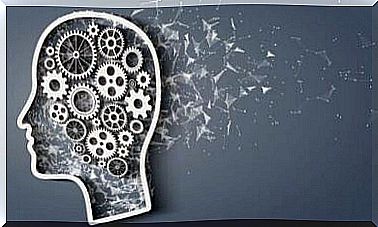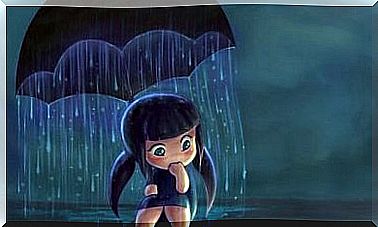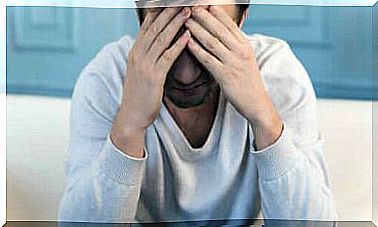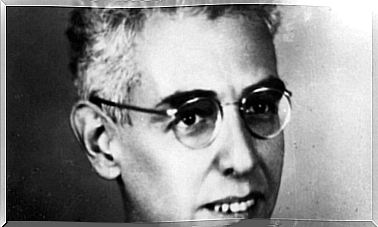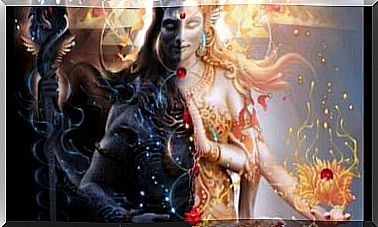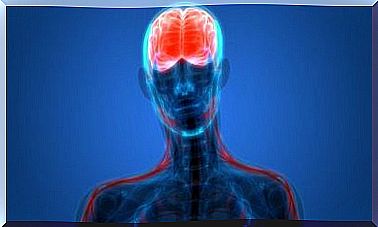Cannabis: Russian Roulette For Mental Disorders
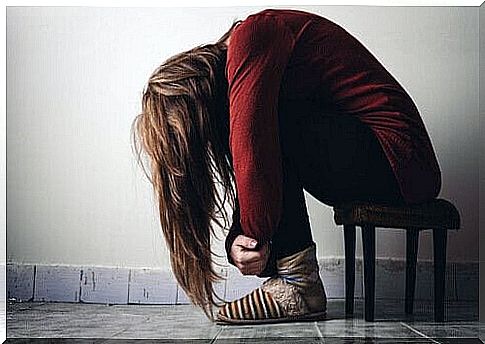
Cannabis is not only the most widely used illegal drug, it is also one of the drugs about which the most myths circulate about its effects on the mind and body. The Spanish Observatory for Drugs and Drug Addiction indicates that the average age of consumption is between 14 and 15 years.
The latest scientifically proven research has shown that its habitual consumption causes structural changes in brain tissue. It produces, among other things, significant alterations that lead to the deterioration of memory, attention, perception, coordination and concentration.
These brain changes result in deterioration in personal, social and professional performance, with emotional and physical affections. Many people use the substance because it allows them to relax, get away from it all, socialize, experiment or have fun. The flip side is that this substance can be the gateway to major mental alterations such as psychosis or anxiety.
Medicine or drugs?
Cannabis sativa is a plant that contains over 400 chemical components, of which at least 60 cannabinoids are known. The three most important cannabionides are THC, CBD, and CBN. Delta-9-tetrahydrocannabinol (THC) is the main psychoactive agent in cannabis. It is found in flower buds, and in lesser amounts, in the leaves.

The genetic vulnerability lottery
It is common to think that the consequences mentioned correspond to isolated cases, “ This is not going to happen to me, it makes me feel good ”. But genetic vulnerability plays a very important role in drug use. There are people who are at higher risk of developing addiction and mental illness due to their genetic makeup.
Bad trips
We find many websites, articles and associations which defend the use of cannabis for its “therapeutic functions” or its “beneficial effects on health”. Its effectiveness in relieving pain and its ability to relax are often cited among the positive effects of cannabis.
There are many social movements in favor of the normalization and legalization of the substance. However, we must take into account that consuming the plant in any form is undesirable. The supposedly positive effects, compared to their pathological consequences, do not justify its consumption.
The fact that the plant has an active principle with possible beneficial results, and that clinical and pharmacological research observes it as a therapeutic option in certain patients – isolating said active principle and controlling its dose and concentration – does not mean that the cannabis use is beneficial on its own.
The effects of pathological poisoning, also known as “bad trips” can lead to experiencing symptoms of anxiety, depersonalization or derealization, intense panic, a feeling of death, paranoid symptoms, motor disturbances, a feeling of paralysis or disturbances in sensory perception such as transient visual illusions or hallucinations.
Some of the clinical manifestations associated with cannabis use are as follows:
- Anxiety: Anxiety symptoms and / or panic disorders appear with regular consumption.
- Depression: The risk of developing depressive disorders and making a life threatening increase.
- Bipolar disorder: it can promote the appearance of psychotic symptoms, induce manic phases and increase the number of relapses
- Amotivational syndrome: loss of energy, reluctance, apathy and cognitive deficits
- Cognitive impairment: slowness and loss of the ability to react, perceive, remember, solve problems, concentrate, pay attention, etc.
- Psychosis: Some studies show that cannabis use doubles the possibility of suffering from a psychotic attack. Short-term psychotic disorders can occur, but prolonged and chronic psychoses can also develop. It has been observed that cannabis use is very prevalent in people with severe mental disorders such as schizophrenia.
- Flashback by cannabis: relive experiences presented during intoxication without having consumed.
- Delirium: This is a transient reaction characterized by delusions, tremors, agitation, fear, deep sleep, hallucinations, etc. This is uncommon but linked to the consumption of high doses.
- Effects on Sleep: THC induces sleep and alters the sleep-wake cycle.
- Effects on eating behavior: appetite increases with sporadic consumption. However, the latter can be reduced in the event of regular consumption. In addition, the consumption of cannabis promotes the accumulation of fat.
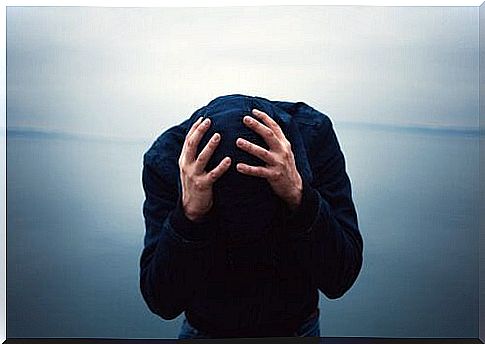
We cannot know what to expect when using drugs. My mental disorders appear without warning, and there are trips without a return ticket. Drugs are the greatest chain of destruction. It starts when you don’t esteem yourself, it ends when you drag all those who love you with you into the abyss.

